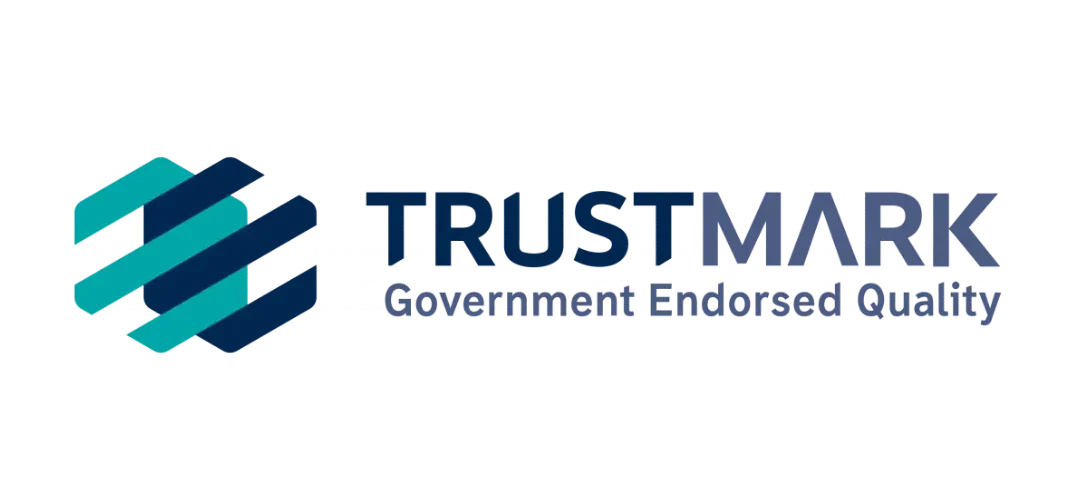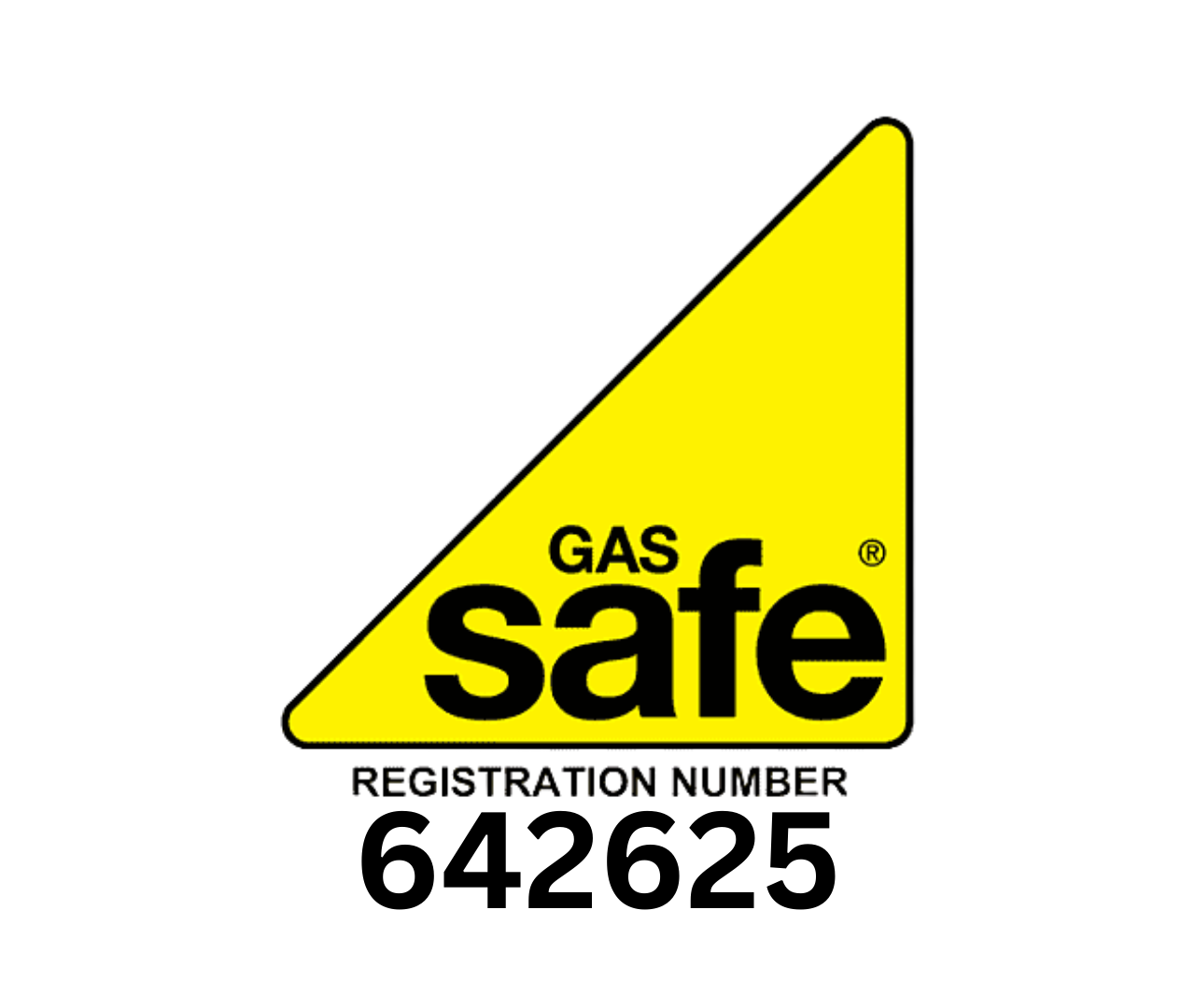Cavity Wall Insulation in Newcastle
Cavity wall insulation in Newcastle plays a crucial role in improving home energy efficiency, especially in cities like Newcastle, where temperatures can drop significantly during colder months. Many homes in the region, particularly those built between the 1920s and 1980s, were constructed with cavity walls, two layers of brick separated by an air gap. While this design was initially intended to prevent moisture penetration, it also allows significant heat loss. Insulating this space can drastically reduce energy waste, lower heating bills, and enhance indoor comfort.

With rising energy costs and increasing concerns about sustainability, more homeowners and landlords in Newcastle are considering cavity wall insulation as a practical solution. Proper insulation helps retain heat inside the home during winter and keeps it cooler in the summer, creating a more stable indoor environment. This not only benefits occupants by reducing the need for excessive heating or cooling but also contributes to a lower carbon footprint, aligning with the UK’s broader energy efficiency goals.
Also, the UK government actively supports insulation initiatives through grant schemes such as the Great British Insulation Scheme (GBIS), making it easier for eligible households to access free or subsidized insulation services. Homeowners may qualify based on specific criteria, including income levels, council tax bands, or health conditions that make living in a poorly insulated home more challenging.
Despite its clear benefits, some homeowners hesitate due to misconceptions about cavity wall insulation, such as concerns over dampness or structural damage. However, with proper materials and expert installation, these risks are minimized, ensuring long-term benefits without compromising the integrity of the building.
This article explores everything you need to know about cavity wall insulation in Newcastle, from how it works and its advantages to eligibility for grants and choosing the right installer. Whether you are a homeowner looking to reduce your energy bills or a landlord aiming to improve property efficiency, understanding cavity wall insulation is an essential step toward a more sustainable and cost-effective future.
What Is Cavity Wall Insulation?
Cavity wall insulation is a method used to improve the energy efficiency of homes by reducing heat loss through external walls. Many homes built before the 1990s have cavity walls, which consist of two layers of brick with a gap in between. This cavity was originally designed to prevent moisture penetration, but it also allows heat to escape, making homes less energy-efficient.
By filling this gap with insulating material, homeowners can significantly reduce heat loss and improve the overall thermal efficiency of their properties. The most commonly used material for cavity wall insulation is Knauf mineral wool, known for its excellent thermal properties and fire resistance. Unlike foam or bead insulation, mineral wool is breathable and allows moisture to dissipate, preventing condensation-related issues.
How Does It Work?
The process of cavity wall insulation involves injecting Knauf mineral wool into the cavity between the two layers of brick. The installation is carried out by drilling small holes into the external walls at regular intervals. A specialized machine is then used to blow the mineral wool insulation into the cavity, ensuring even distribution. Once the cavity is fully filled, the drilled holes are sealed with mortar to match the existing brickwork, leaving minimal visual impact.
Once installed, the insulation acts as a thermal barrier, reducing the amount of heat that escapes through the walls. This keeps homes warmer in winter and cooler in summer, reducing the need for excessive heating and cooling. Properly installed cavity wall insulation also helps prevent draughts and cold spots, improving overall indoor comfort.
Why Is It Important?
Cavity wall insulation plays a crucial role in reducing energy waste and lowering household heating costs. Without insulation, up to 35% of a home’s heat can be lost through the walls, leading to higher energy bills. By installing cavity wall insulation, homeowners can cut their energy consumption, making their homes more cost-effective to heat.
In addition to financial savings, cavity wall insulation contributes to a more stable indoor temperature, reducing fluctuations caused by external weather conditions. This creates a more comfortable living environment, especially during extreme weather.
From an environmental perspective, improving a home’s insulation helps reduce carbon emissions by decreasing the need for gas or electric heating. This supports the UK’s sustainability targets and helps homeowners lower their carbon footprint.
Cavity wall insulation is not only a practical upgrade but also an investment in energy efficiency, improving property value while ensuring long-term cost savings. For homeowners in Newcastle, where temperatures can drop significantly in winter, having properly insulated walls can make a noticeable difference in home comfort and energy bills.
The Benefits of Cavity Wall Insulation in Newcastle
Energy Efficiency & Cost Savings
Cavity wall insulation is one of the most effective ways for homeowners in Newcastle to improve energy efficiency and reduce heating costs. Without proper insulation, homes lose a significant amount of heat through external walls, forcing heating systems to work harder to maintain a comfortable temperature. By filling the cavity with Knauf mineral wool, heat retention improves, reducing the amount of energy required to warm the home.

Lower energy consumption translates into substantial cost savings on heating bills. With rising energy prices, homeowners who invest in cavity wall insulation can experience noticeable reductions in their monthly expenses. Over time, these savings offset the initial installation costs, making insulation a cost-effective home improvement. Additionally, well-insulated homes require less maintenance and have increased property value, as energy-efficient homes are more attractive to buyers and tenants.
Environmental Impact & Carbon Footprint Reduction
Reducing energy consumption does not just save money—it also contributes to a more sustainable future. By minimizing heat loss, cavity wall insulation lowers the demand for gas and electric heating, directly reducing carbon emissions. This supports the UK’s commitment to reducing household energy consumption as part of its broader climate change strategy.
Newcastle, like many areas in the UK, is actively working toward a greener, more energy-efficient future. Improving home insulation is a simple yet effective way for homeowners to play their part in environmental conservation. The less energy required to heat a home, the lower the overall impact on natural resources. With government incentives and support for insulation improvements, making homes more energy-efficient is becoming a key part of the country’s sustainability efforts.
Improved Home Comfort & Health Benefits
Beyond cost and environmental benefits, cavity wall insulation significantly improves indoor comfort. Homes with poor insulation often suffer from cold spots, drafts, and temperature fluctuations, making living conditions less pleasant, especially in winter. Proper insulation helps maintain a stable indoor temperature, creating a warmer and more comfortable environment without excessive heating.
Insulation also plays a role in reducing dampness and condensation, common issues in older properties across Newcastle. Moisture buildup can lead to mold growth, which poses health risks such as respiratory problems and allergies. By preventing cold air from meeting warm indoor air within the walls, insulation reduces condensation, helping to maintain healthier indoor air quality.
A well-insulated home is not just about warmth but overall well-being. Reducing damp conditions and maintaining good air circulation contribute to a healthier living space, benefiting both homeowners and tenants. In Newcastle, where cold and damp weather is common, cavity wall insulation is an essential upgrade for those looking to enhance their home’s comfort and livability.
Eligibility & Government Grants for Insulation in Newcastle
Homeowners in Newcastle can take advantage of government-backed grants to make cavity wall insulation in Newcastle more affordable or even free. One of the primary schemes available is the Great British Insulation Scheme (GBIS), which is designed to help households improve their home’s energy efficiency. The scheme is part of the UK government’s wider effort to reduce carbon emissions, lower household energy bills, and create warmer, more sustainable homes.
GBIS provides funding for eligible homeowners to install cavity wall insulation, loft insulation, and other energy-saving measures without the high upfront costs. The grant aims to support households that struggle with high energy bills or have homes that are poorly insulated. By offering financial support, the scheme encourages more people to upgrade their properties and contribute to the country’s energy efficiency targets.
While the scheme is primarily aimed at low-income households and those in vulnerable situations, funding is also available for certain middle-income households under specific conditions. Homeowners who meet the eligibility criteria can benefit from fully or partially funded insulation without having to worry about expensive installation costs.
Who Is Eligible for Free Insulation?
Eligibility for free or subsidized cavity wall insulation under the GBIS scheme is determined by several factors, including household income, government benefits, and property characteristics.
Homeowners may qualify if they:
- Receive government benefits such as Universal Credit, Pension Credit, Income Support, or Child Tax Credit
- Live in a home with poor energy efficiency, typically with an EPC rating of D, E, F, or G
- Belong to a low-income or vulnerable household that struggles with high energy costs
- Have a home that meets the council tax band criteria set by the scheme
Additionally, private landlords can apply on behalf of their tenants if the property meets the required energy efficiency conditions. However, landlords may need to contribute to the cost if the grant does not cover the full installation.
How to Apply for a Grant?
Lorem ipsum dolor sit amet, consectetur aa
Applying for a cavity wall insulation grant in Newcastle is a straightforward process. Homeowners can follow these steps to determine eligibility and secure funding:
- Check eligibility – Visit an approved grant provider’s website or contact a registered insulation company to assess whether you qualify for funding.
- Book a free survey – If eligible, an accredited insulation provider will conduct a home survey to confirm that the property is suitable for cavity wall insulation.
- Receive approval and schedule installation – Once eligibility is confirmed, the grant covers either full or partial costs, and a professional team will arrange the installation.
- Installation process – The cavity wall insulation is installed by trained specialists, ensuring compliance with all industry standards.
- Post-installation checks – After the work is completed, homeowners may receive an inspection or certification to verify the insulation has been installed correctly.
By taking advantage of government support, homeowners in Newcastle can improve their home’s insulation without significant financial strain, ensuring lower energy bills, improved comfort, and long-term savings.
dipiscing elit. Ut elit tellus, luctus nec ullamcorper mattis, pulvinar dapibus leo.
The Cavity Wall Insulation Process: What to Expect
Pre-Installation Survey & Assessment
- Professional assessment to determine if the property is suitable for insulation
- Checking wall structure, cavity width, and any existing insulation
- Identifying potential damp issues or ventilation requirements
The Installation Process
- Drilling small holes in the external wall for insulation injection
- Injecting Knauf mineral wool evenly into the cavity space
- Sealing drilled holes to match the existing brickwork
- Typical installation time and what homeowners should expect on the day
Post-Installation Checks & Maintenance
- Verifying that insulation has been evenly distributed
- Ensuring ventilation remains effective to prevent moisture buildup
- Long-term maintenance tips to keep insulation performing efficiently
Cavity wall insulation is a simple yet highly effective way for homeowners in Newcastle to improve their property’s energy efficiency. By reducing heat loss through external walls, insulation helps maintain a warmer indoor environment during colder months and prevents excessive heat buildup in the summer. This stability in temperature leads to lower energy consumption, directly translating into reduced heating bills and long-term financial savings.
Beyond cost efficiency, cavity wall insulation plays a key role in environmental sustainability. By lowering the demand for gas and electric heating, it helps reduce carbon emissions, contributing to the UK’s broader goal of achieving energy-efficient homes. Homeowners who invest in insulation are not only securing financial savings but also playing an active part in reducing their household’s environmental impact.
A well-insulated home is healthier and more comfortable. Insulation minimizes drafts, eliminates cold spots, and prevents condensation, reducing the risk of damp-related issues such as mold. This creates a healthier indoor environment, particularly beneficial for households with young children or elderly residents.
With government grants like GBIS, eligible homeowners can access free or subsidized insulation, making this essential upgrade more affordable. Investing in cavity wall insulation is a smart decision for Newcastle residents looking to cut costs, enhance comfort, and contribute to a more sustainable future.
Our offices
Head office
West midlands
Excellence Recognised
At the heart of our mission is a commitment to excellence, which is why we’re proud to showcase the range of accreditations we’ve earned through our dedication, expertise, and hard work. These accolades are a testament to our team’s relentless pursuit of quality and our unwavering commitment to high standards.





















